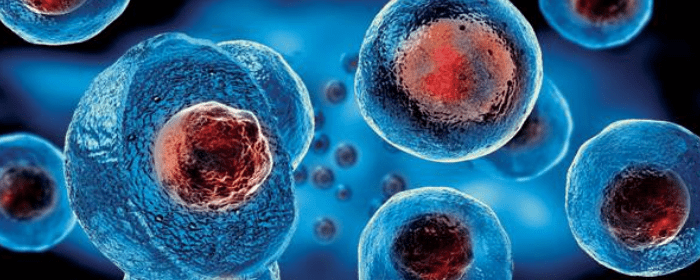Multiple sclerosis is an inflammatory disease of the brain and spinal cord. The immune system mistakenly attacks the covering of nerve axons called the myelin sheath. Just as an electrical cord that has lost its insulation cannot work properly, so too is it with nerve cells that have been destroyed by MS. Unfortunately, when electrical signals (action potentials) cannot move through axons, it causes neurological problems and disability. People with MS may lose the sense of touch, the sense of sight, the ability to move or walk, and the ability to control bowel or bladder function.
While treatments for MS are intended to reduce inflammation, no treatment has been developed that can repair damaged nerve cells. Scientists recently reviewed the status of stem cell clinical trials to treat multiple sclerosis. The results are encouraging.
No fewer than 8 clinical trials have shown that mesenchymal stem cells can be safely used in patients with MS. Moreover, the phase 2 clinical trials within this group showed that various stem cell treatments reduced the severity of MS. This is especially important because mesenchymal stem cells actually reduced the number of lesions (areas of inflammation and injury) in patients with MS compared to placebo.
Importantly the review determined stem cells were able to improve MS disease and nerve destruction regardless of whether the stem cells were collected from fat tissue, umbilical cord, or bone marrow. Stem cells retrieved from fat (i.e. adipose) reduced MS relapses and delayed the progression of the disease. Likewise, fat-derived stem cells improved sexual satisfaction and improved bowel control 12 months after treatment.
Why are the results of fat-derived stem cells so exciting? Because bone marrow can be difficult to access and umbilical cord tissue must be collected from donors. On the other hand, virtually everyone has excess fat on their bodies. This fat can be safely and easily removed with a simple extraction such as liposuction. A patient’s own fat cells can be removed, processed, and re-infused as stem cell treatment. When someone uses their own stem cells, there is no risk that the body will reject the infusion (as could theoretically happen to donor stem cells).
These results are exciting and welcome information for those who suffer from multiple sclerosis. As larger clinical trials are performed and previous results are replicated, we may see an increase in stem cell treatment options to help manage the symptoms of multiple sclerosis.
Reference: Bejargafshe, M., et al. (2019). Safety and efficacy of stem cell therapy for treatment of neural damage in patients with multiple sclerosis. Stem Cell Investigation. 2019; 6:44.


 St. Petersburg, Florida
St. Petersburg, Florida
